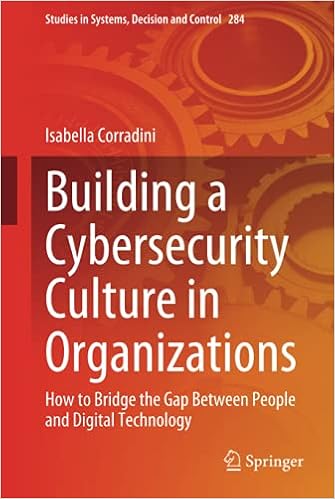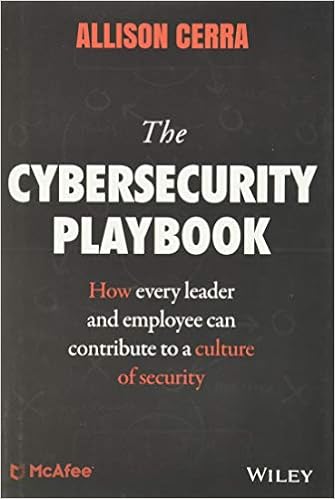During COVID-19, threat actors used fear of the virus and hope of a vaccine to trick unwitting victims into downloading malware or giving up their credentials. It was a master class in social engineering, one that put an organization’s security posture at risk. Social engineering attacks like phishing take advantage of an employee’s awareness of basic cybersecurity best practices (or lack thereof), and the harder an employee falls for the scams, the greater the skepticism about the entire organization’s cybersecurity culture.
Although no one has come up with an industry standard definition of cybersecurity culture yet, Infosec explains that “a strong cybersecurity culture is based on employees willingly embracing and proactively using security best practices both professionally and personally.” And Infosec developed a framework, and fielded a survey, to help organizations quantify their cybersecurity culture, track changes over time and systematically measure results.
The study polled 1,000 working individuals to examine the collective approach of an organization’s security awareness and behaviors toward cybersecurity. “The results show employee beliefs toward cybersecurity vary widely, which can have a major impact on an organization’s security posture,” said Jack Koziol, CEO and founder at Infosec, in a formal statement.
Quality of Culture Depends on Company Size and Industry





